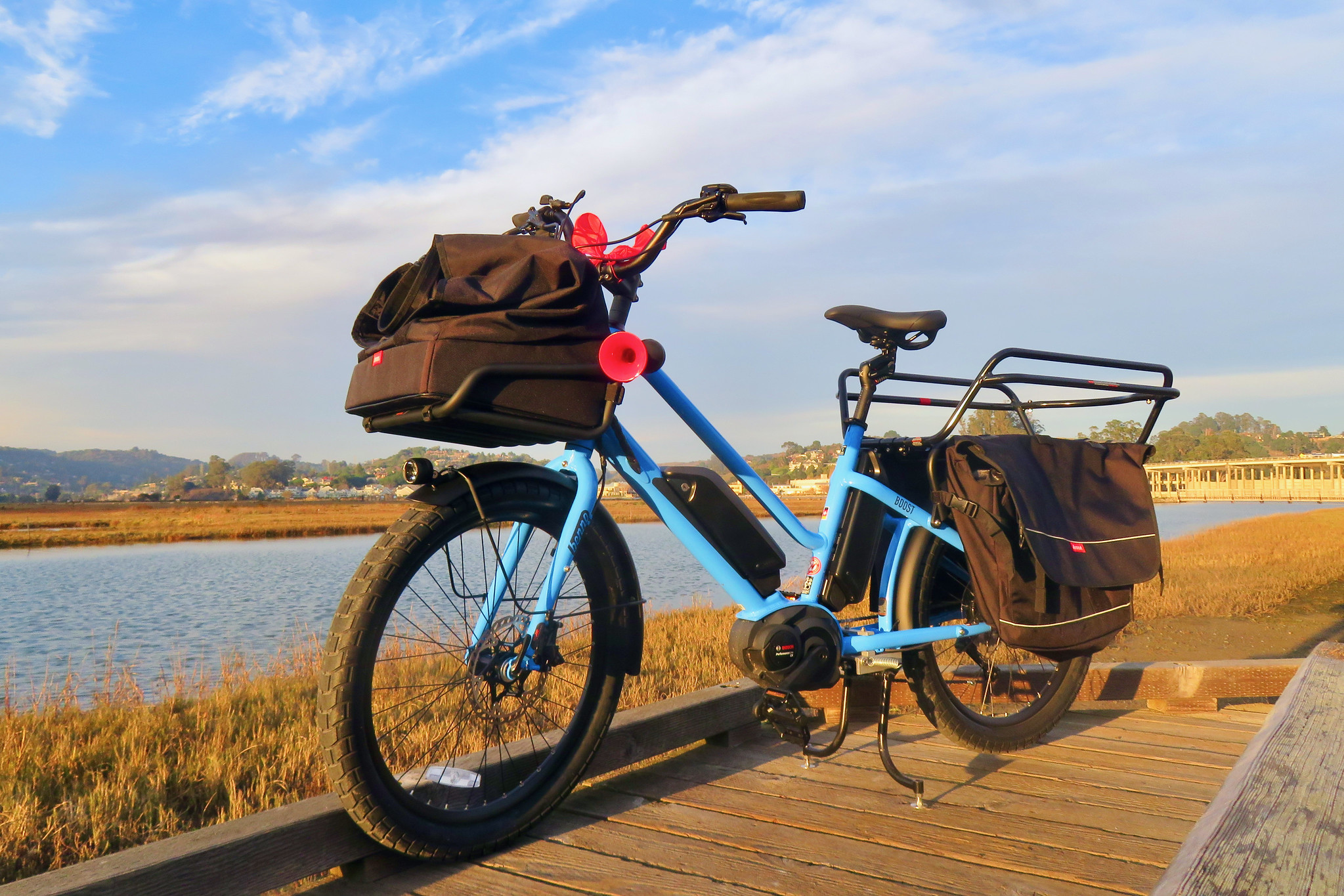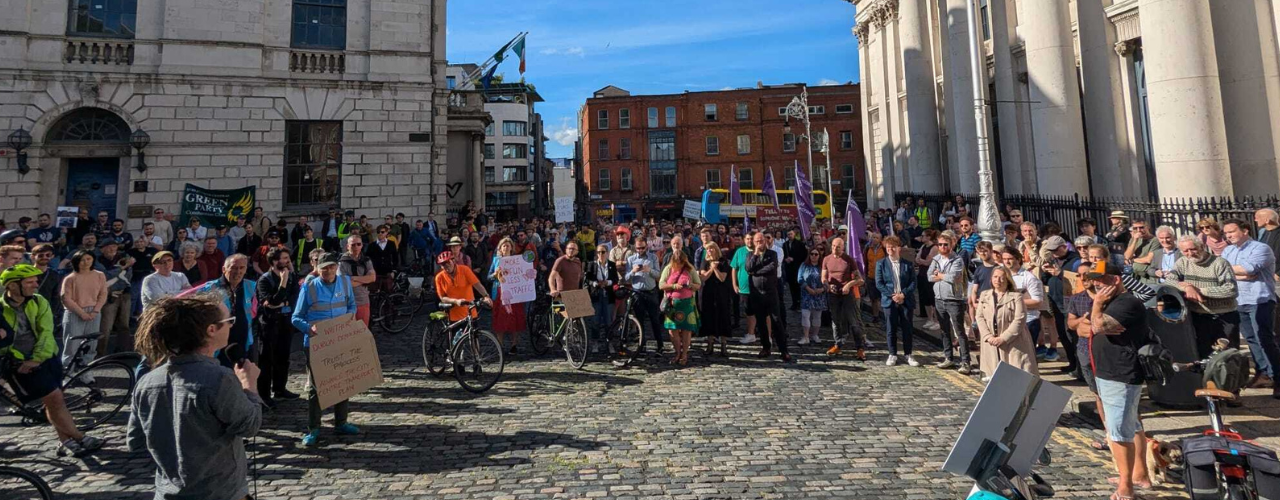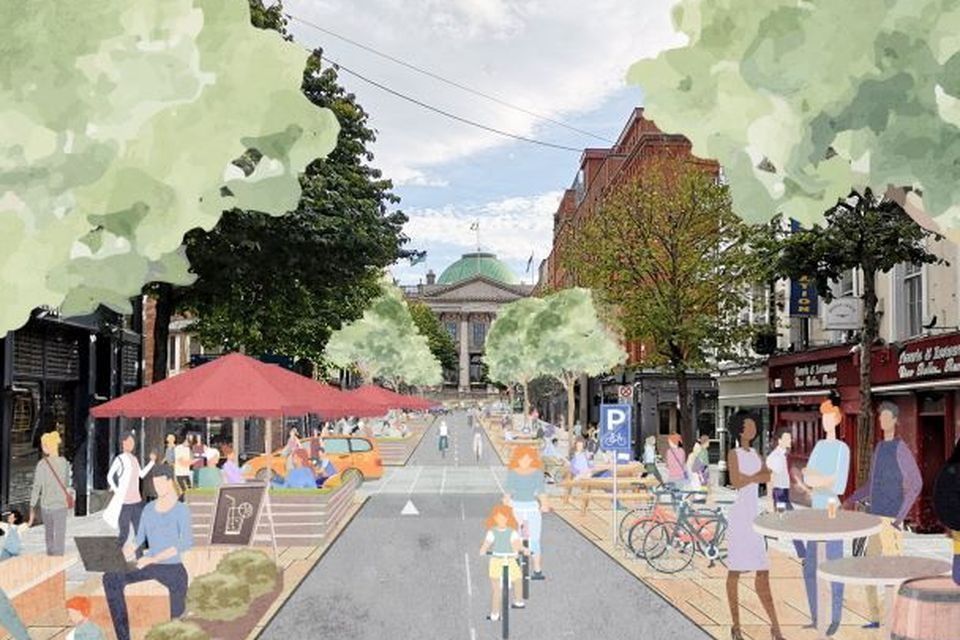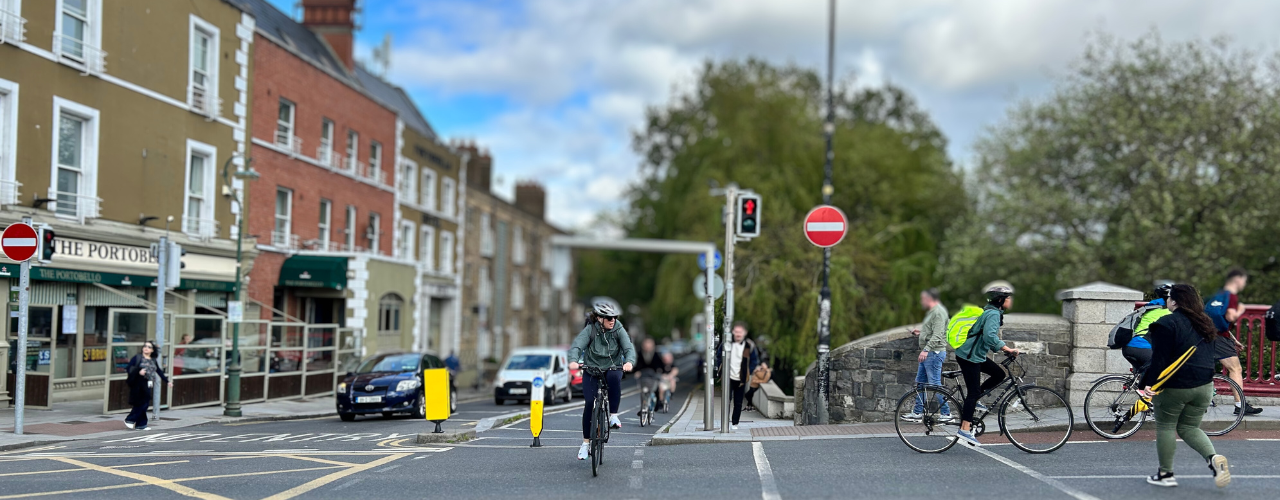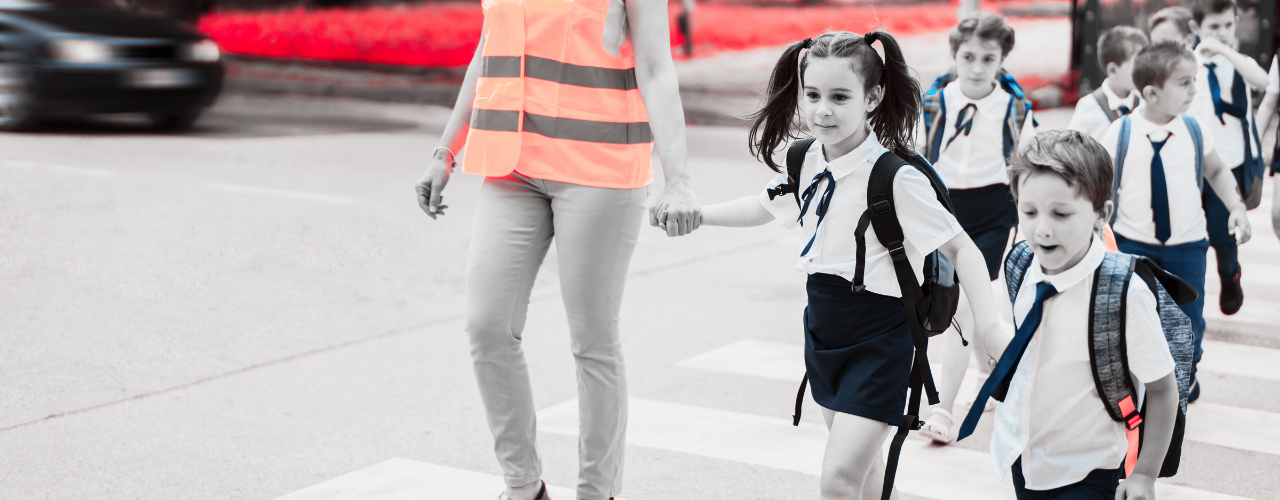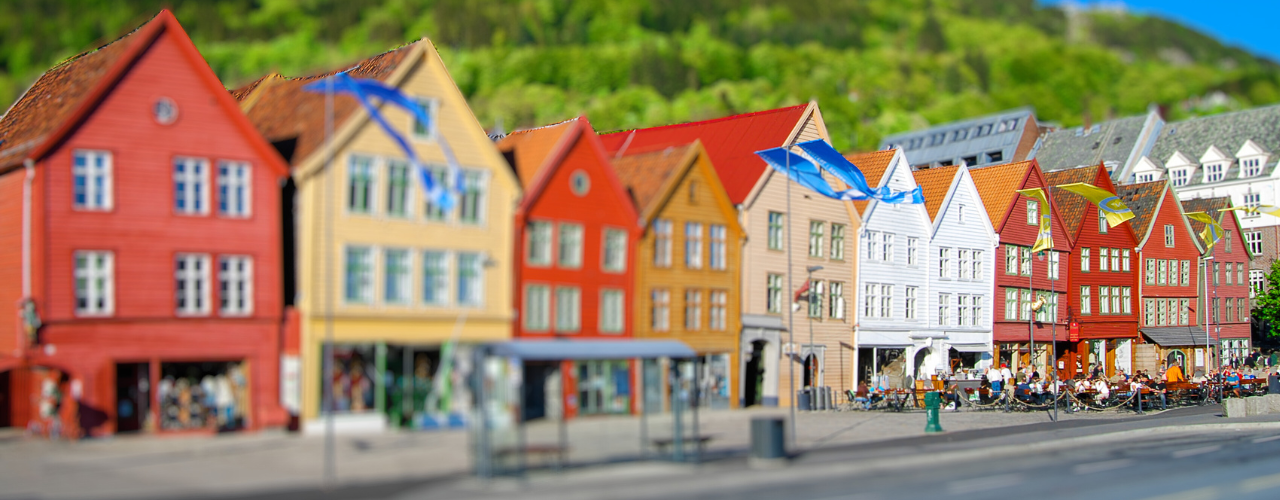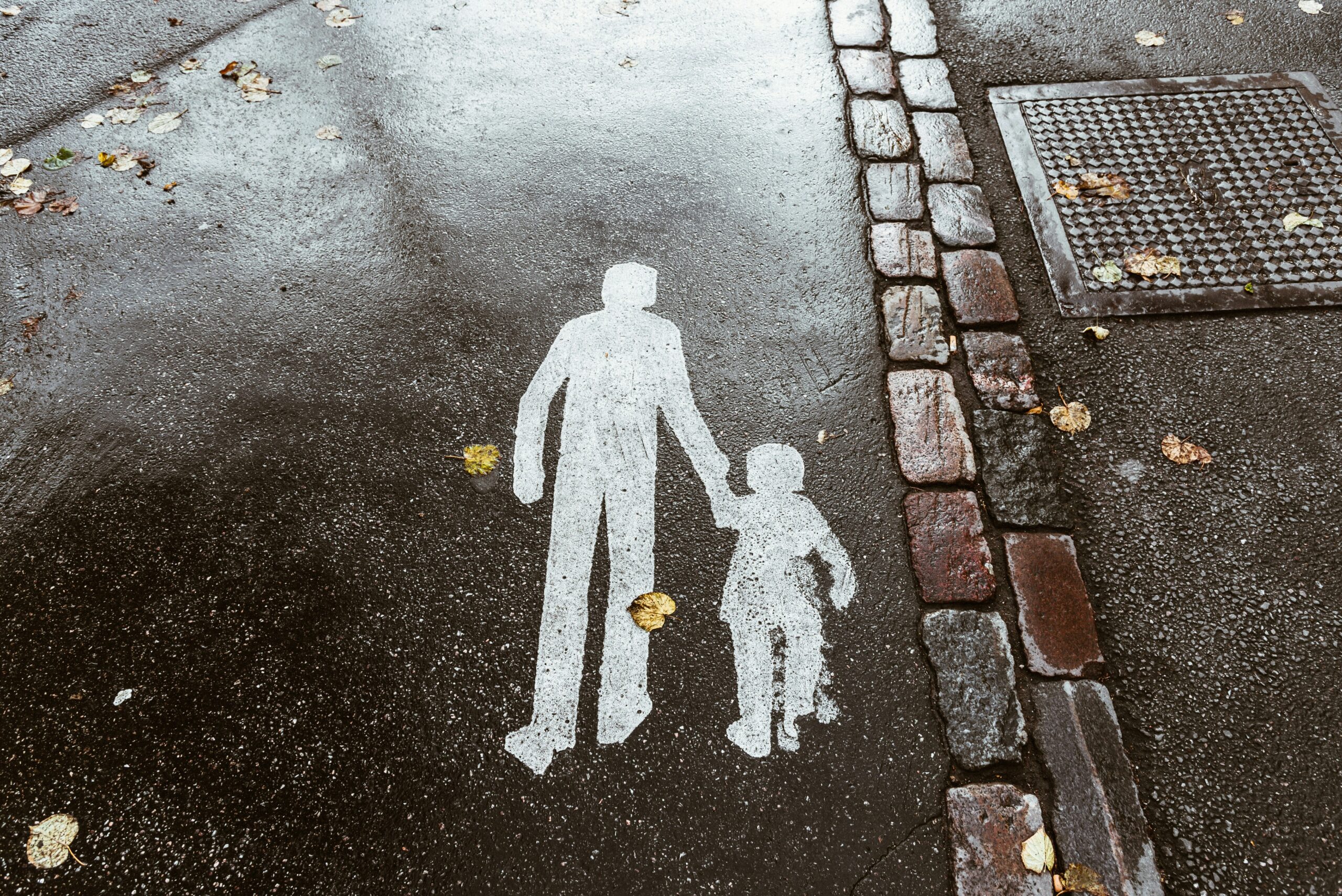
When the Data Hurts: Children, Roads, and the Refusal to Change
What we are witnessing is a form of societal resignation. We tolerate a level of road danger that curtails the freedom of children to move through their communities. This is a moral issue. When we fail to police motor offences, when we design streets around the convenience of cars rather than the safety of people, we make a clear choice: to prioritise speed and flow over life and freedom.



